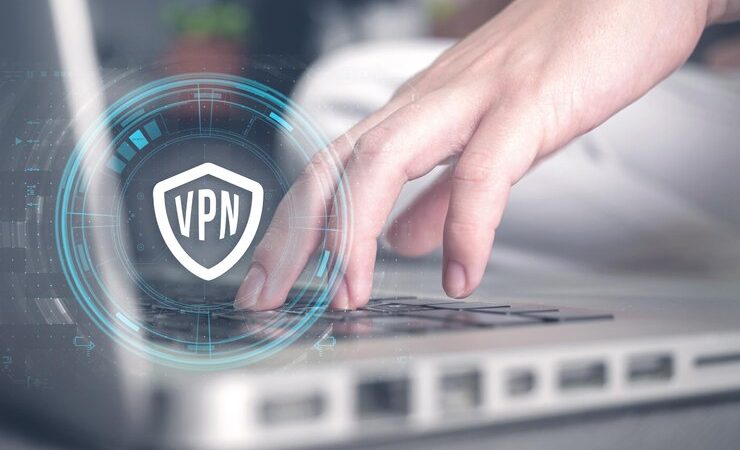Why Companies Are Relying on HR Agencies for Executive Search
Barsha Bhattacharya, 14 hours ago

Barsha Bhattacharya, 2 days ago

Barsha Bhattacharya, 2 days ago

Barsha Bhattacharya, 1 week ago


Virtual Private Networks (VPNs) serve as a critical layer of protection for individuals and organizations in an increasingly connected digital world.
They offer multifaceted benefits that revolve around security, privacy, and anonymity, making them a popular tool for safeguarding online activities.
Suppose you’re curious to know what do VPNs do VPNs act as a robust shield against a plethora of digital threats, foremost among them being security. The essence of their security mechanism lies in encryption, which functions as an impenetrable barrier to malicious actors.
When you connect to a VPN server, it establishes a secure, encrypted tunnel through which all your internet traffic passes. This encryption process transforms your data into an indecipherable code that can only be decrypted by the recipient, typically the VPN server or the intended destination. As a result, hackers, government agencies, and cybercriminals find it exceedingly difficult to intercept and eavesdrop on your online activities.

In an age where online privacy is increasingly eroding, VPNs serve as a staunch defender of your personal information. One of their primary functions is to mask your true IP address and replace it with the IP address of the VPN server to which you connect. This seemingly simple action carries profound implications for your online privacy.
Moreover, it also involves hiding your real IP address, VPNs add a layer of obfuscation, making it difficult for websites, advertisers, and online services to track your every move on the internet.
The anonymity provided by VPNs is a byproduct of the privacy-enhancing features. By concealing your true IP address and routing your internet traffic through VPN servers located around the world, you gain a degree of online invisibility. Websites, online services, and potential eavesdroppers find it significantly more challenging to trace your online activities back to you, further bolstering your anonymity.
Public Wi-Fi networks, commonly found in cafes, airports, hotels, and other public places, are convenient for staying connected on the go. However, they pose significant security risks. These networks are often inadequately protected, making it relatively easy for hackers to intercept data transmitted over them.
VPN technology becomes especially valuable in such scenarios. When you connect to a public Wi-Fi network while using a VPN, your entire connection becomes encrypted. This encryption acts as a barrier between your device and potential attackers on the network.
Businesses and organizations of all sizes rely on VPNs to maintain a secure and private digital infrastructure. One of the most common use cases is for remote access. VPNs allow employees to securely connect to their company’s internal network and resources, even when they are working from remote locations or traveling.

Many individuals use VPNs for torrenting and peer-to-peer (P2P) file sharing. While P2P sharing is a legitimate means of distributing and downloading files, it often involves sharing copyrighted content, which may raise legal concerns. VPNs provide a layer of anonymity and privacy for users engaged in such activities.
One often overlooked aspect of online privacy and security is the tracking carried out by your Internet Service Provider (ISP). ISPs have the capability to monitor and log your online activities, including the websites you visit, the content you access, and the services you use. This data can be valuable for various purposes, including marketing, traffic management, and even government surveillance in some cases.
Read Also:
Arnab Dey is a passionate blogger who loves to write on different niches like technologies, dating, finance, fashion, travel, and much more.